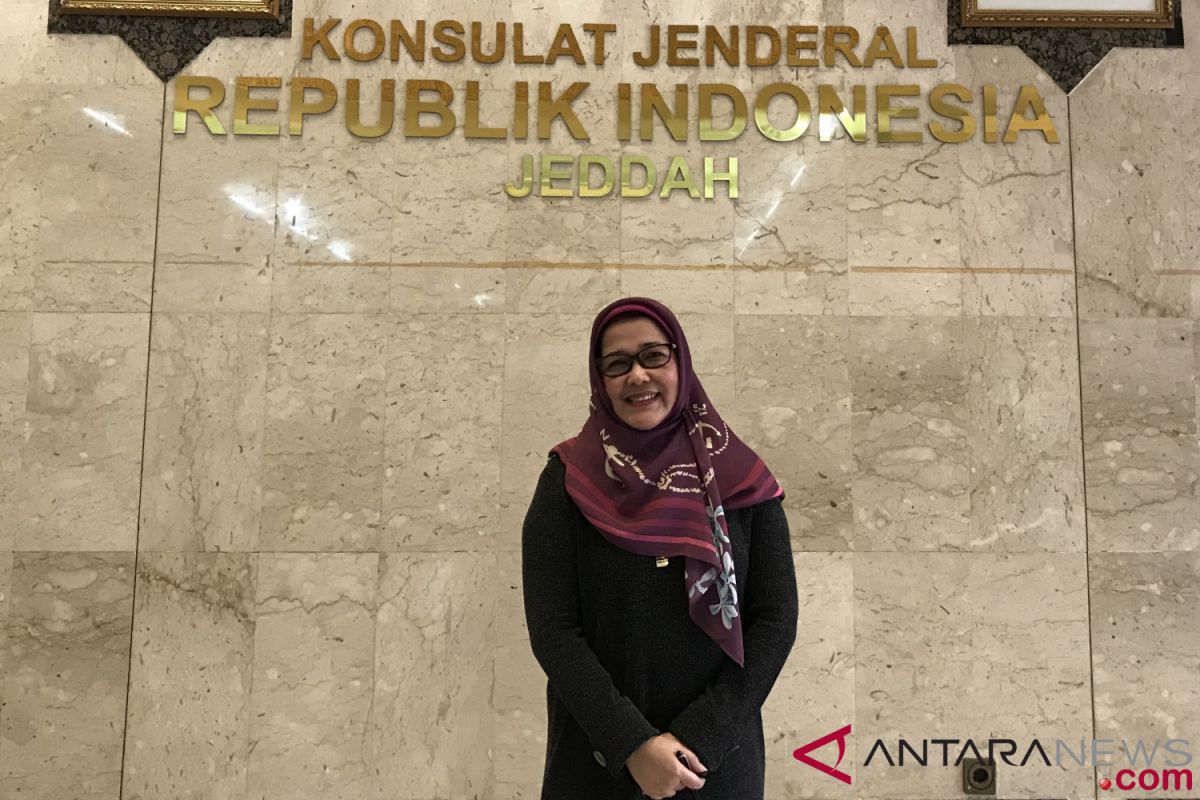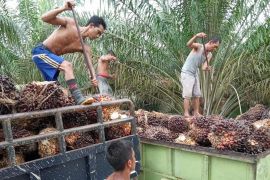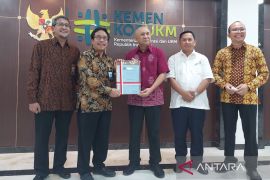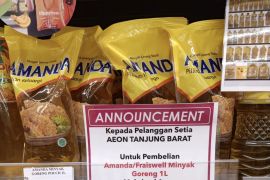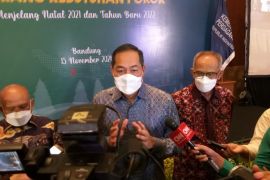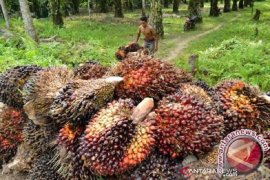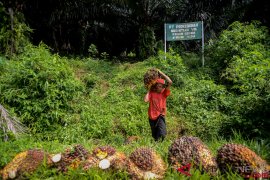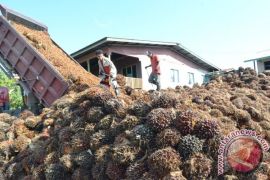The Ministry of Trade is eyeing new markets, given the negative sentiment from one of its main markets, the European Union, still persists.
"The trade of Indonesian palm oil in the European Union market is especially disturbed, and we are looking at other countries outside the main market," Director General of National Export Development at the Ministry of Trade Arlinda stated in Jidda on Thursday.
The director general remarked that the products can be exported to markets of non-traditional countries in other parts of the world.
Arlinda outlined non-traditional countries in several regions, which are nations that Indonesia had yet to do palm oil trade.
"We can focus on the non-traditional markets of countries in the Persian Gulf border, such as Saudi Arabia, Oman, Bahrain, Kuwait, the United Arab Emirates, and Qatar," he remarked.
The issue involving Qatar and other Arab countries can be an opportunity for Indonesia to enter and fulfill the product needs of the country.
In addition, Indonesia can focus on countries in South Asia, including India, Pakistan, Sri Lanka, and Bangladesh.
The Ministry of Trade also explores markets in Chile, which is adjacent to Latin America, Kazakhstan, and Uzbekistan.
"In eastern Europe, Russia, Kazakhstan, Uzbekistan, and even Russian fractional countries are also our target," Arlinda stated.
In Africa, the Ministry of Trade is negotiating with Mozambique; Tunisia, which is close to Italy; Morocco, which is close to Spain; and Algeria, which has a free trade agreement with Europe.
Speaking in connection with the negative palm oil campaign, Arlinda noted that Indonesia was striving to allay concerns and prove that the allegations filed were untrue.
Reporting by Sella Panduarsa Gareta, andi Abdussalam
Reporter: Antara
Editor: Fardah Assegaf
Copyright © ANTARA 2018
